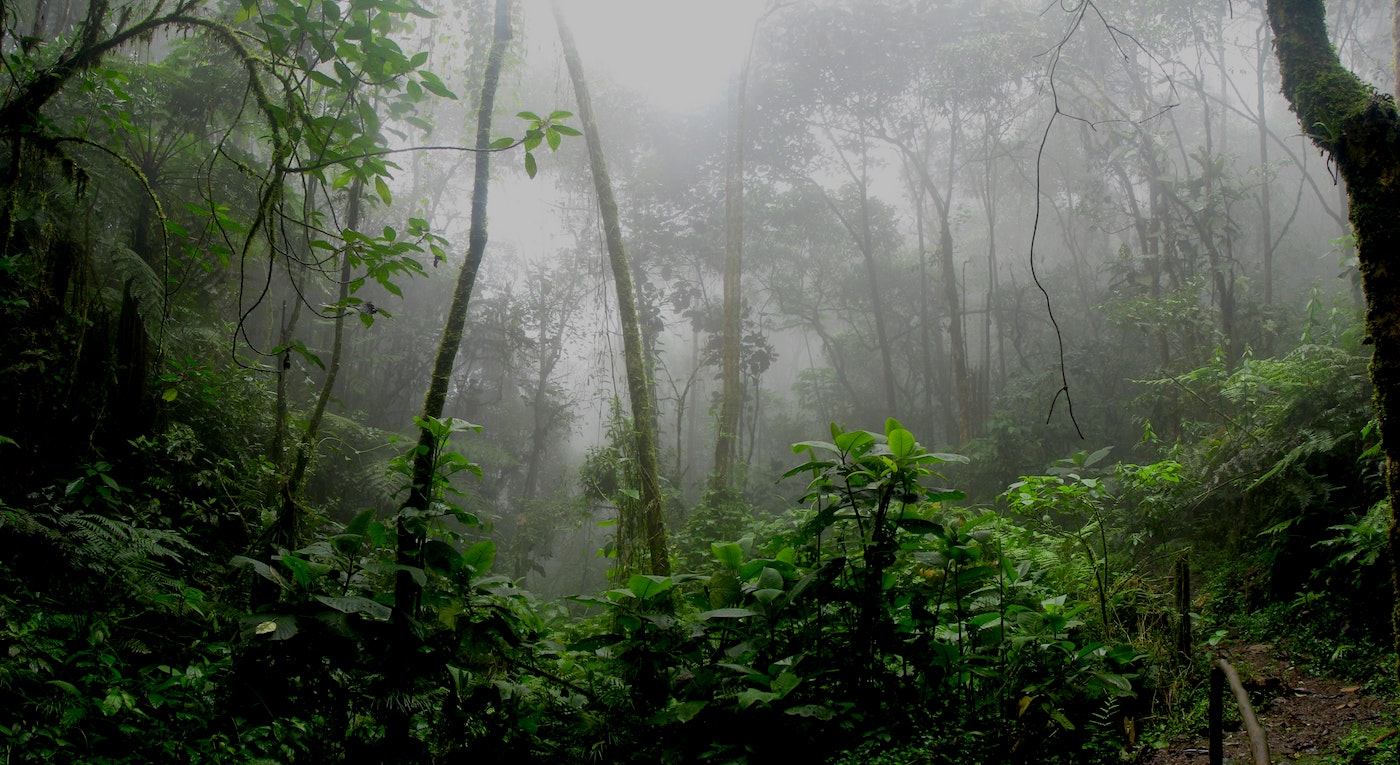Sarawak Dams: Totally Unnecessary
The Renewable and Appropriate Energy Laboratory (RAEL), an independent energy research facility at the University of California, Berkeley, recently conducted an in-depth analysis exploring the potential of clean energy solutions for Sarawak. The results: the dams are not necessary.
The RAEL research agenda has three main project areas: (a) modeling long-term utility scale electricity generation alternatives in Sarawak to determine trade-offs across different technologies; (b) exploring the potential for rural communities in dam-affected areas to satisfy energy access needs using local resources; (c)demonstrating a rapid assessment method for estimating the impact of mega-projects on biodiversity.
The results: the energy that would be produced from SCORE is wildly excessive, even to sustain aggressive growth. Small scale alternative energy systems are community-based, provide electricity to rural communities, provide more jobs than mega hydro power, and strengthen local economies.
SCORE Scenario: Unrealistic Energy Demand Growth Predictions
The oversupply of energy from SCORE is not rational economics. It will, however, further enrich the companies building the dams, and their sponsors in the government.
The SCORE development plan assumes an energy demand growth rate of over 16% per year through 2030. No country has ever needed this rate of energy growth. Even during the height of its industrial boom, China’s energy demand growth rate barely exceeded 10% for three years. Spending billions of public funds in the hopes that Sarawak’s growth rate will be 160% of China’s peak rate is wishful thinking; it is both irrational and irresponsible.
Increasing Sarawak’s energy ten fold would increase the profits of the already wealthy elite, but it is not a wise economic decision for Sarawak. The models show that there are a number of alternative choices to SCORE that meet future demand at a 7% energy demand growth rate and the 10% rate at lower financial, social, and economic costs.
Sustainable, Local Energy Access
To explore how rural communities in dam-affected areas can satisfy energy needs using local resources, RAEL conducted a case study in the Baram Basin, a proposed site for a SCORE dam.
The development of large scale dams almost never translates into electricity access for affected or upland river communities. Villages that were displaced for construction of the Batang Ai and Bakun dams, for instance, do not have access to this energy; they are powered by a diesel generator managed by a subsidiary of SEB (the government-owned energy supply company in charge of dam development). When families are unable to meet this monthly expense (because resettlement from dams has impoverished them) the company removes the fuses from the house.
Small scale renewable electricity projects, such as micro-hydro and solar, are the rational choice for village-scale electricity. Small scale energy systems are community based, strengthen local economies, and provide adequate energy for rural populations.
Micro-Hydro Success Stories
In the village of Long Lawen half of the residents rejected relocation plans during the inundation of the Bakun Dam in 1998 and moved to higher terrain within its ancestral land claim. The other half were resettled at the Sungai Asap Reservation. Working with Green Empowerment and Tonibung, two NGOs specializing in community-based renewable energy, they commissioned a 8kW hydro-turbine and micro-grid network in 2002. This micro-grid is functional today. In line with RAEL’s findings, the new micro-grid system cost 50% less than the total prior investment in generators present in the community. Sungai Asap is still dependent on diesel generators.
Read a full summary of the RAEL reports here: RAELReportsSummary.


